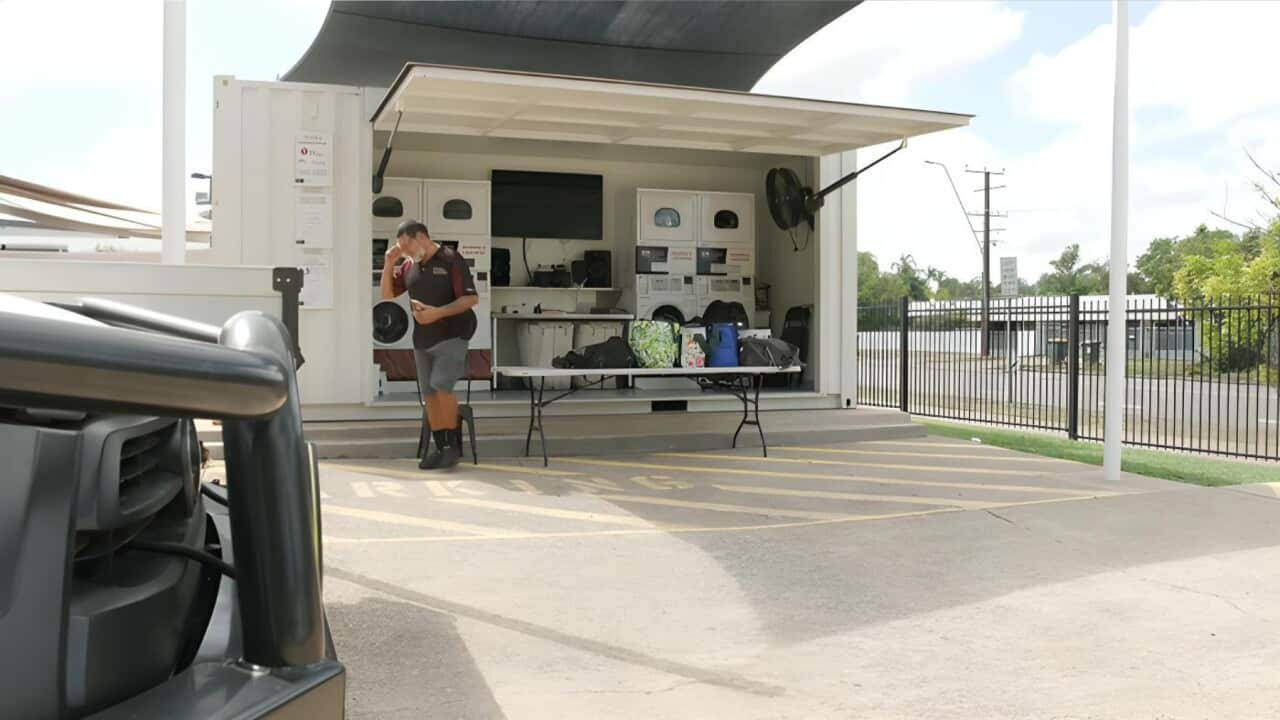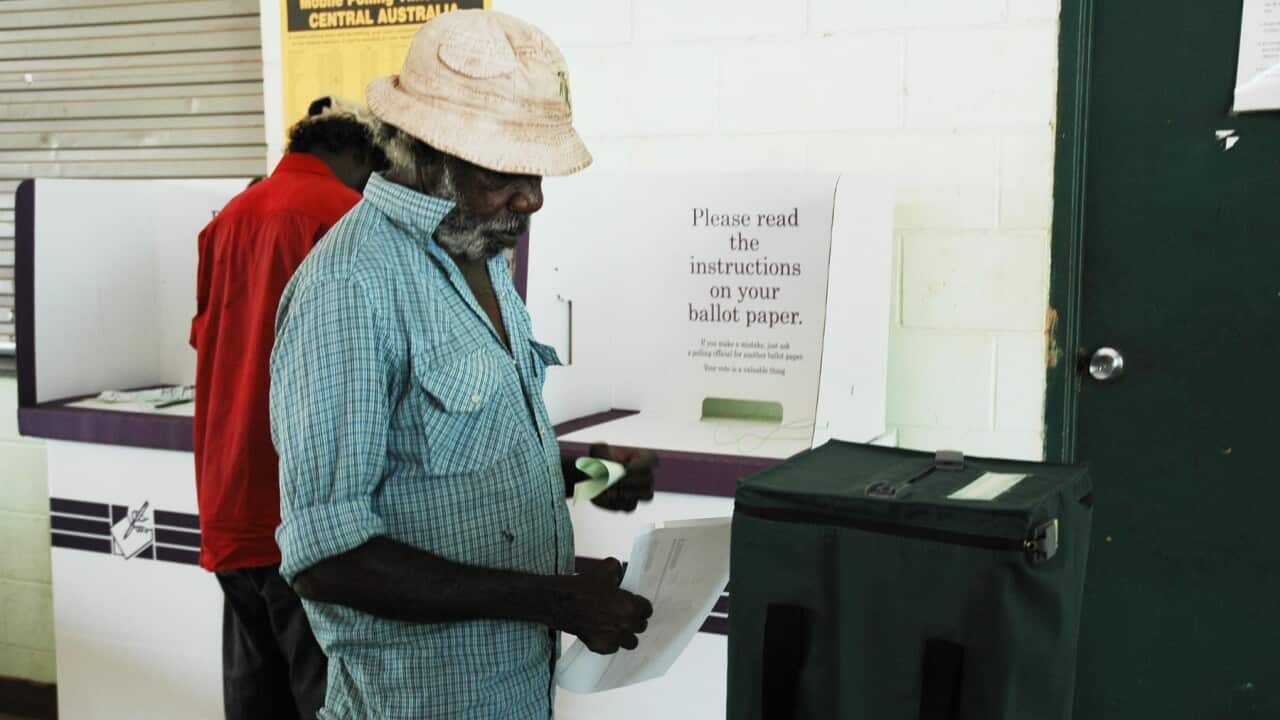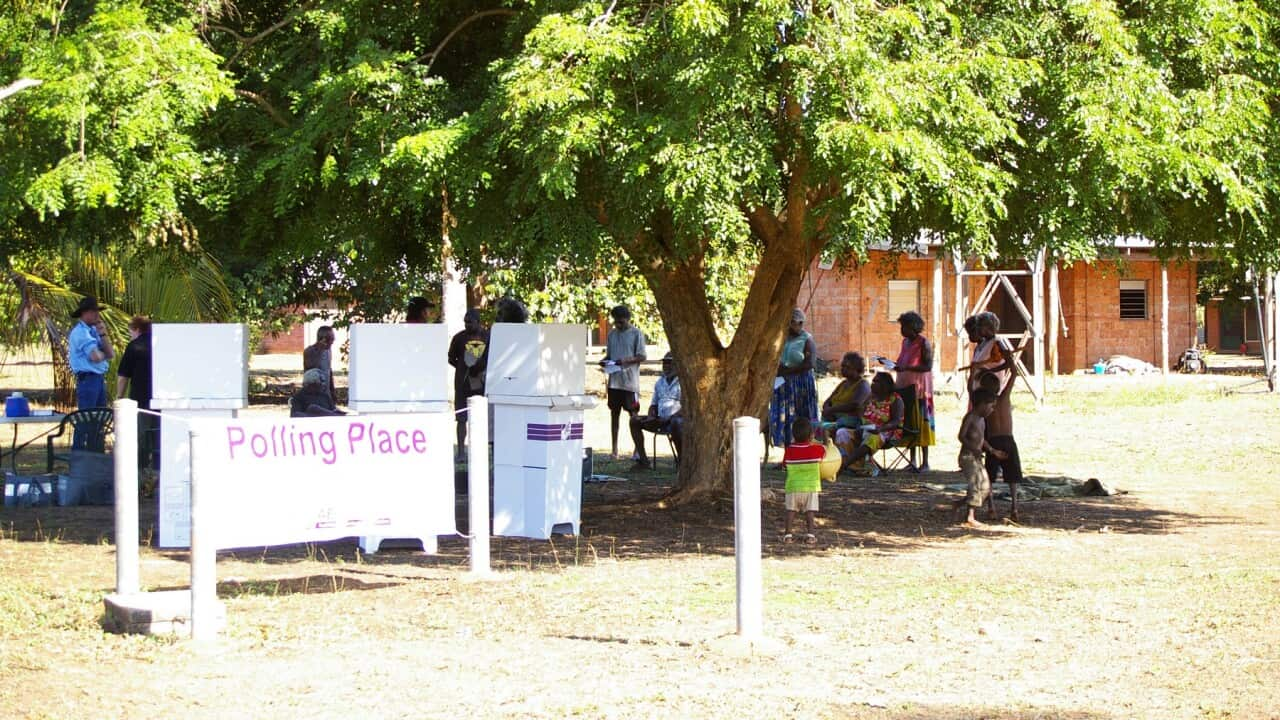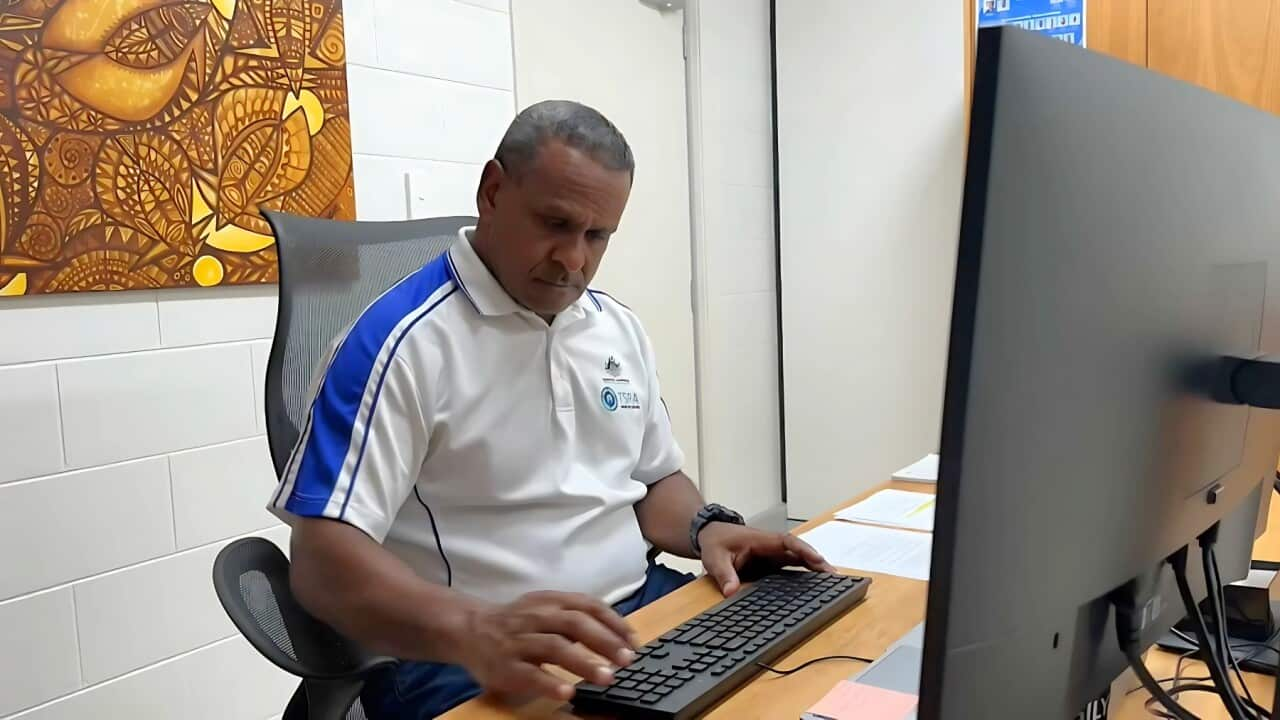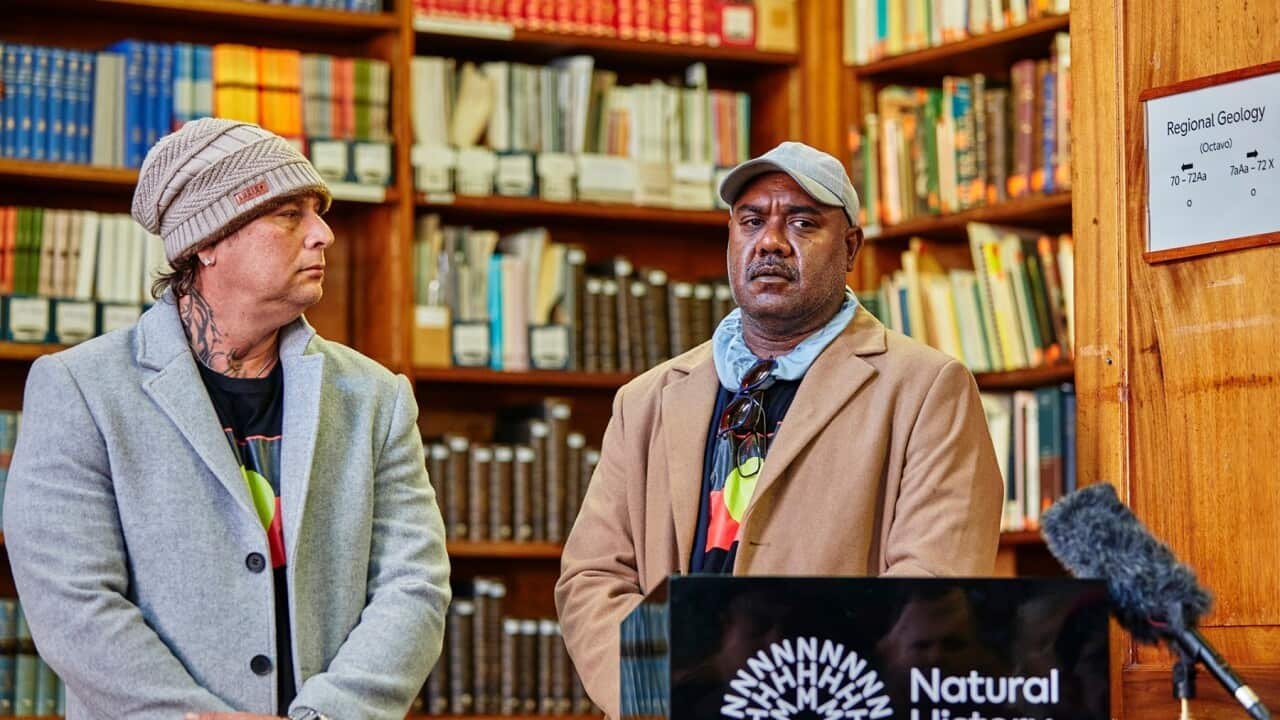TRANSCRIPT
One young doctor is on a mission to raise thousands of dollars for a free laundry service in remote Northern Territory communities.
Remote Laundries Project has seen improvements in remote Northern Territory communities with the rise of skin infections and scabies reduced.
With the aim of raising $20-thousand dollars for Remote Laundries Project, Natasha Tile is embarking on a charity run across the renowned Camino trail from France to Spain.
She says these diseases are easily preventable, as it's largely prevalent due to socio-economic factors.
Working as a registrar at the Darwin Hospital, Ms Tile has seen the impacts firsthand in the community.
"I remember seeing a patient who was only a year younger than me. She was having a heart failure because she had gone to Adelaide, she had open heart surgery, and I remember the nurses telling me very distinctly about her cousin had died on one bed in the E-D ((Emergency Department)), her brother in another and yeah. She was my age, she was so short of breath, and I just thought how is this fair, how have I got to avoid this and she is ended up on 20 plus medications a day."
She has now turned to her love of running to contribute to the cause.
Untreated scabies infestations can lead to dangerous secondary infections. The skin condition is caused by mites that burrow under the skin, making it very itchy.
This is a common problem in remote Northern Territory Aboriginal communities, with up to 50 per cent of children and 25 per cent of adults being affected.
The scabies is then a contributing factor in rheumatic heart disease, which, despite being eradicated in many parts of the world, is endemic in remote regions of the Territory.
There are five free laundries available to the Northern Territory communities, where scabies infestations run rife.
Sam Autio is the Remote Laundries Darwin Team Leader. He says a lot of these infections happen because of overcrowding and the lack of sanitation within communities.
"With the overcrowding in the houses and you know, the cost of living. A washing machine in the remote communities cost about 15-hundred dollars. It's a lot of money, you know for a family that are doing stuff like CDP's basically working for the doll and then you're paying so much more for everything else."
Overcrowding in the Northern Territory is the highest in the country, where up to 56 per cent of people living in state owned and managed Indigenous housing are considered overcrowded.
Mr Autio says the work they do is very important, and has reduced the cases of heart disease.
Rheumatic heart disease or RHD is caused by repeated bouts of rheumatic fever which permanently damage the heart.
Children living in overcrowded, unclean houses in rural and remote Aboriginal communities are most at risk.
Six years ago, the first laundry opened in the remote community of Barunga, 80 kilometres southeast of Katherine.
The community has since seen the spread of scabies reduced by up to 60 per cent.
Mr Autio says he's seen the impact for himself.
"In Barunga I believe the cases of rheumatic heart disease have gone down 60 per cent. And there has been no new cases since our remote laundry was built there. So you know, we can nip this disease in the butt. We shouldn't be having like third world diseases in Australia. It's not right and you know we can do something about that."
Working with Remote Laundries has also provided employment opportunity for people like Mr Autio.
He says they are running at capacity 98 percent of the time. People from the community will bring their laundry and Remote Laundries will get them washed, sanitised and dried.
The machines are programmed to be above 55 to 60 degrees for ten minutes and soaked with the dryers. Every wash gets the use of sanitiser and softener and detergent.
Candice Busham is the Remote Laundries Program Manager. She says they are proud of what they have achieved thus far with their project.
"Our solution is a fully automated laundry that was specifically designed to kill scabies mite and and skin pathogens. Each of the laundries is equipped with four commercial grade laundries - sorry washers dryers, and they have reliable access to hot water, and power and they are free for community and they also employ five locals. So we create employment. Looking at the stats the other day I worked out that we have injected 680-thousand dollars in wages into our remote communities."
The funds are crucial as the charity looks to grow the number of laundries to 72.
"I know that the Remote Laundries Project - you know have got five and to expand to 72 but all those laundries require so much maintenance - like there's a lot of cost in the maintenance and ongoing upkeep of the laundries, so yeah I really hope that this project can keep moving forward. And we can start to remove some of the disparities seen between urban centres and rural communities.”
Ms Busham says the funds Natasha Tile is raising will help employ more staff in her team.
"Well 20-thousand will help us employ five remote laundry staff, team members out in the communities, so that will contribute to the wages. That will also help educate community members on scabies and rheumatic heart disease. It will also help encourage people in the community to come and use the remote laundry."
Her team is seeing improved social and economic outcomes, as they continue to provide secure and purpose built, fully automated and free laundromats to remote communities.
This, as they strive for sustainable employment positions for each community.
